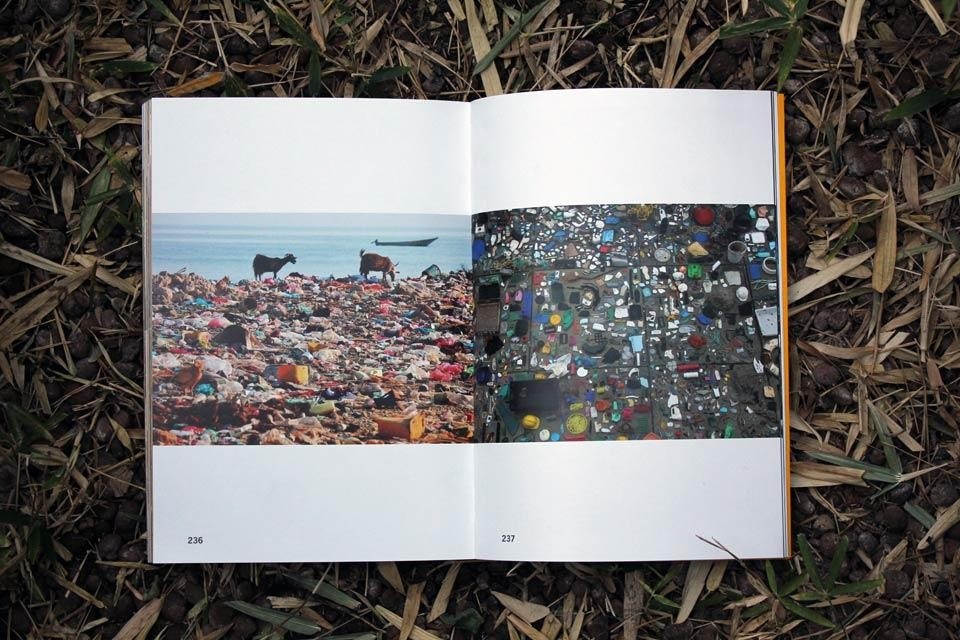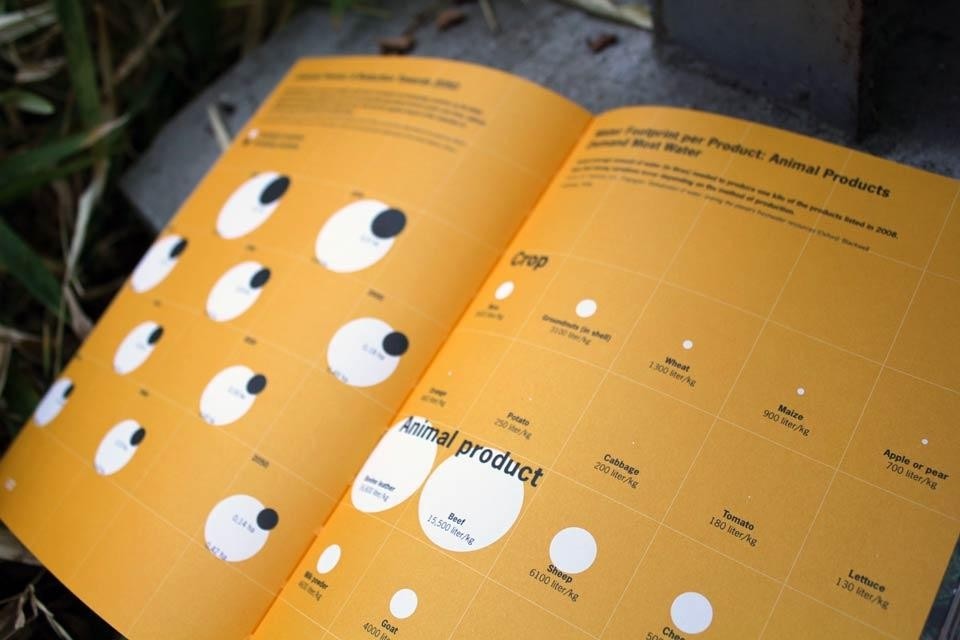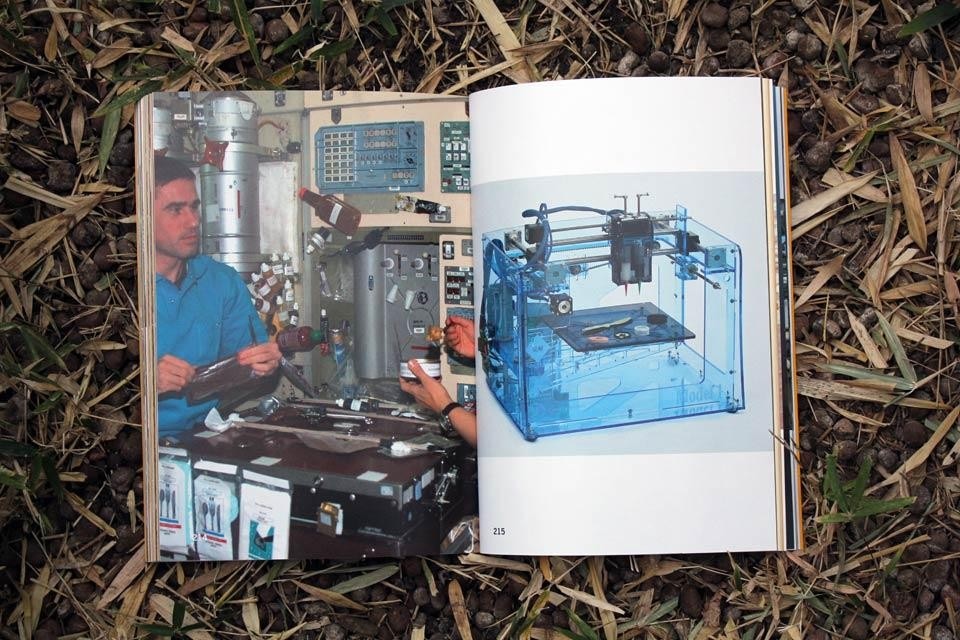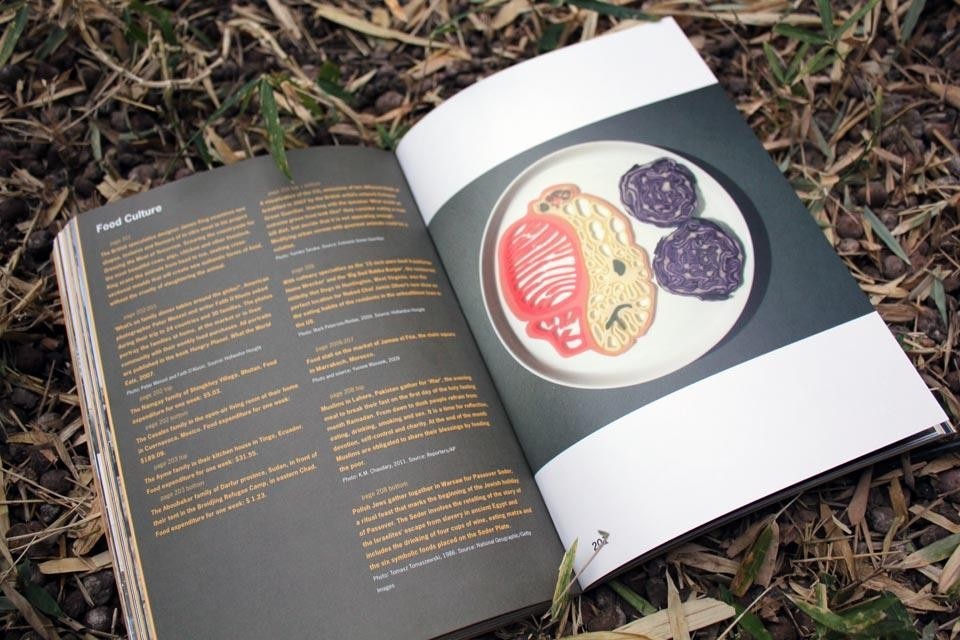Even though Paragraph 25 of the Universal Declaration of Human Rights (1948) states that "everyone has the right to a standard of living adequate for the health and well-being of his family, including food...", a series of food scares and crisis still threaten a majority of the world's citizens, from emerging nations to developed countries, to the point of causing political instability. One such recent case was the dramatic increase in food prices in Tunisia in 2010, which triggered the collapse of the government and arguably affected the following events of the so-called Arab Spring.
In the past, food was not considered to be an urban issue, and contemporary urban planning apparently never refers to agriculture and livestock farming. In order to illustrate the significant relationship between food and the city, which exists in a mutually affecting manner, the authors of the recent volume Food for the City put forward various possibilities for the future, reuniting contributes by different agents of diverse fields, alongside a chronology of food, and several articles, diagrams and photos.
Future scenarios are discussed by a curator, chef, philosopher, architects, artists and industrialists, some of whom appear at first not to relate to the topic of the book. But based on the Black Box theory mentioned in the "Food, A Compromised Issue" section of the volume, in modern society eating is more than an individual act, and it involves many other social practices. Before cooked food can be placed on consumer's plate, it usually comes a long way, from cultivation to harvest, transport, and distribution to different shops and markets. In this process, farmers, drivers and food suppliers can influence the consequence of each aspect of food, such as quality, security and price. Meanwhile, to some extent, the same farmers, drivers and food suppliers determine land use, regional transportation and diet structures for a particular area.
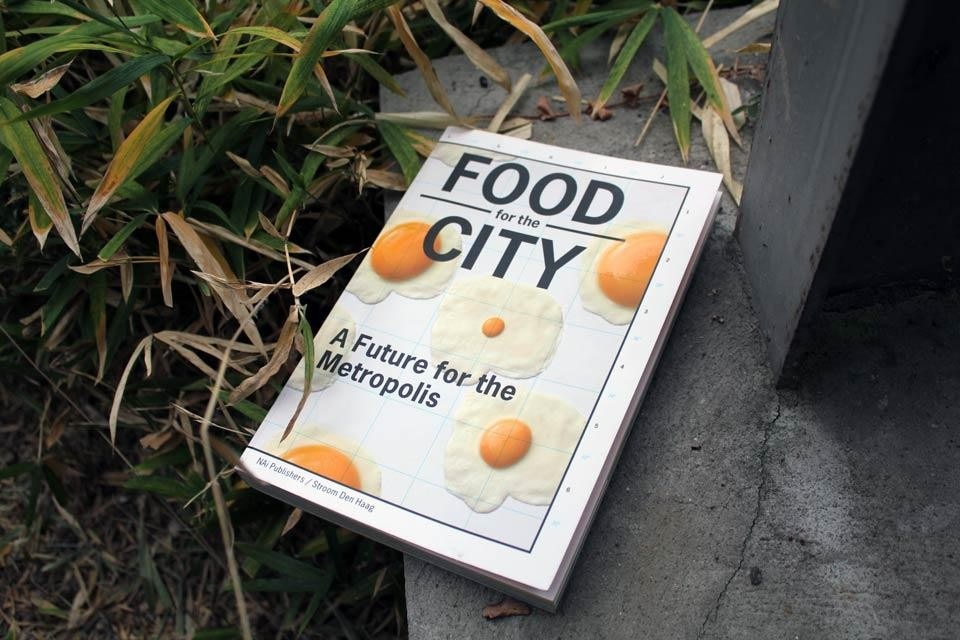
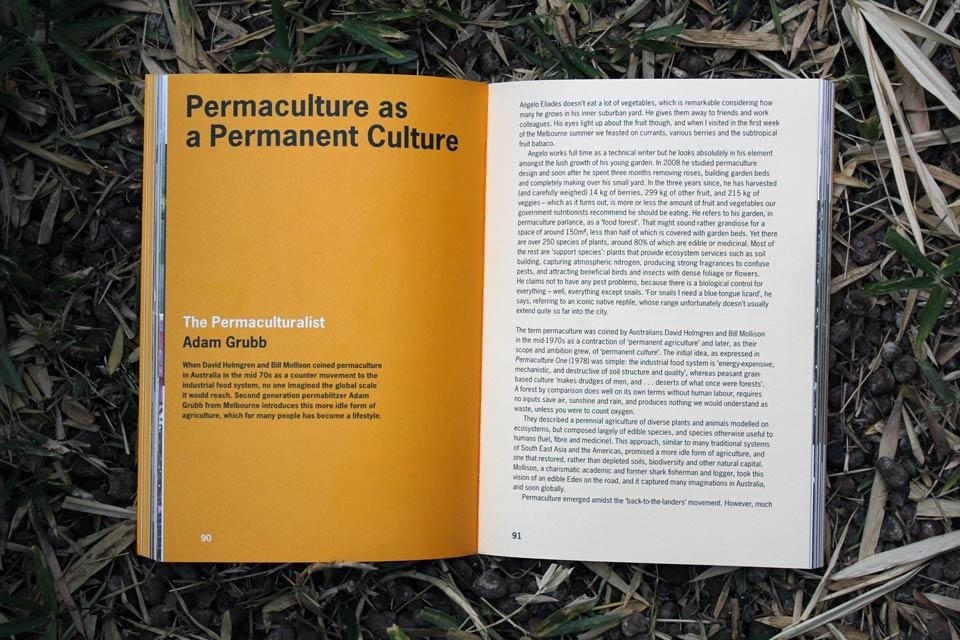
The volume also suggests a few specific interventions in both systems, which can help the food industry to migrate from an unsustainable model to a sustainably urban-integrated framework
